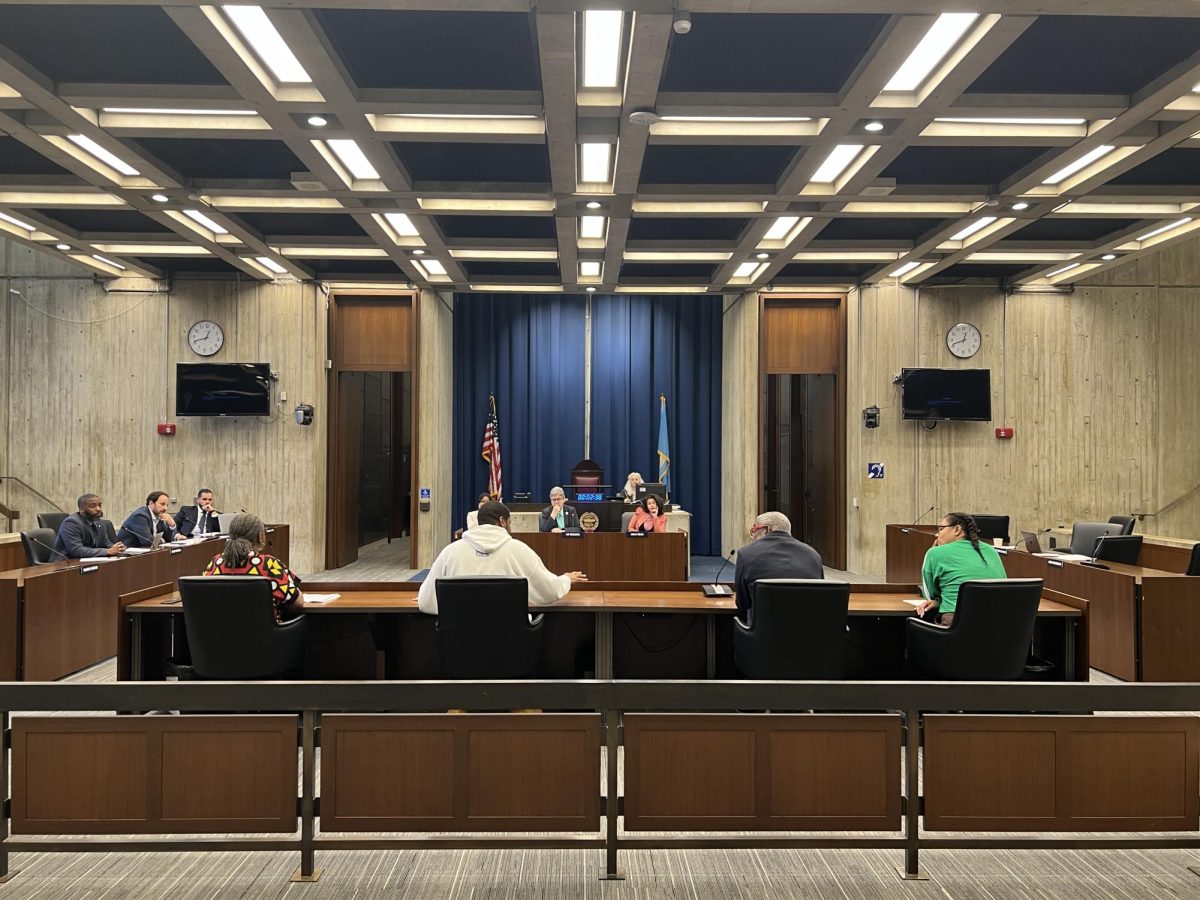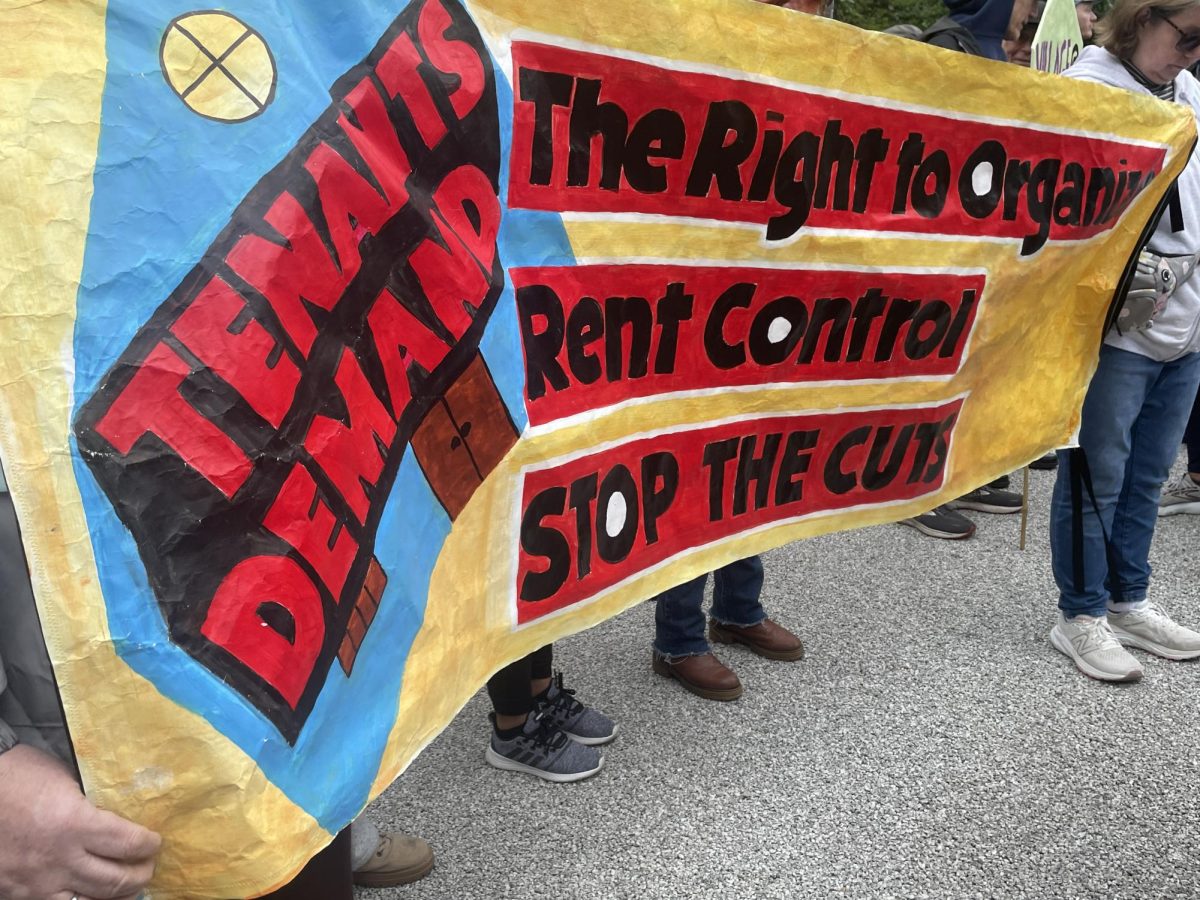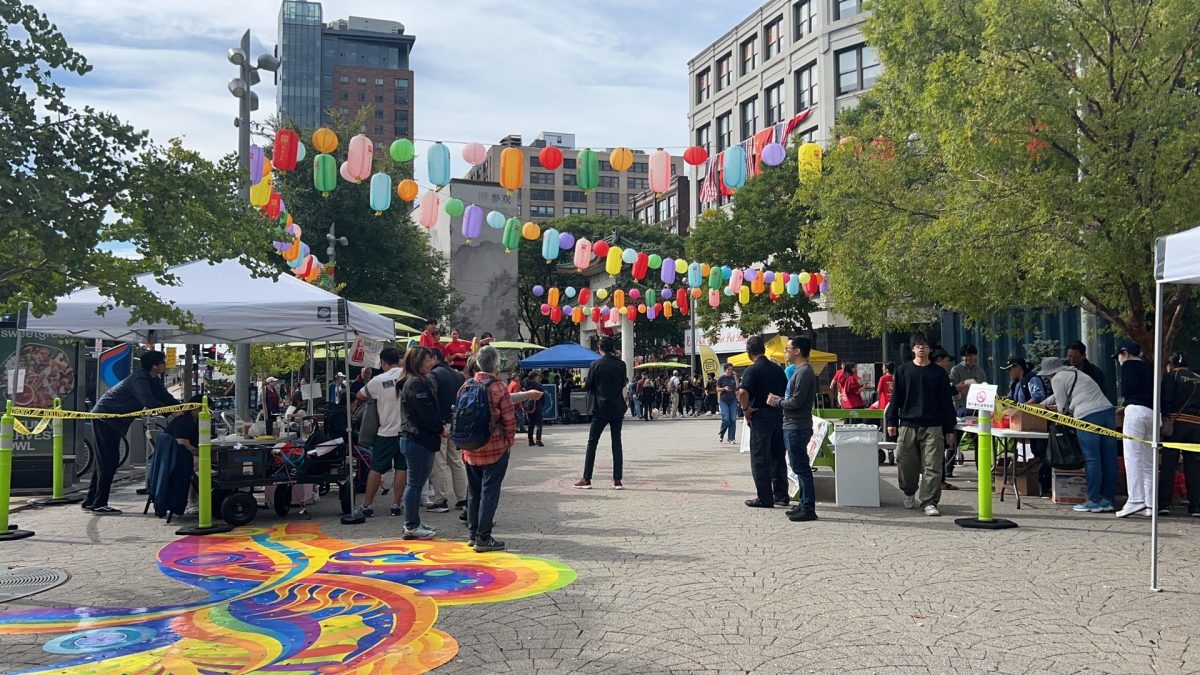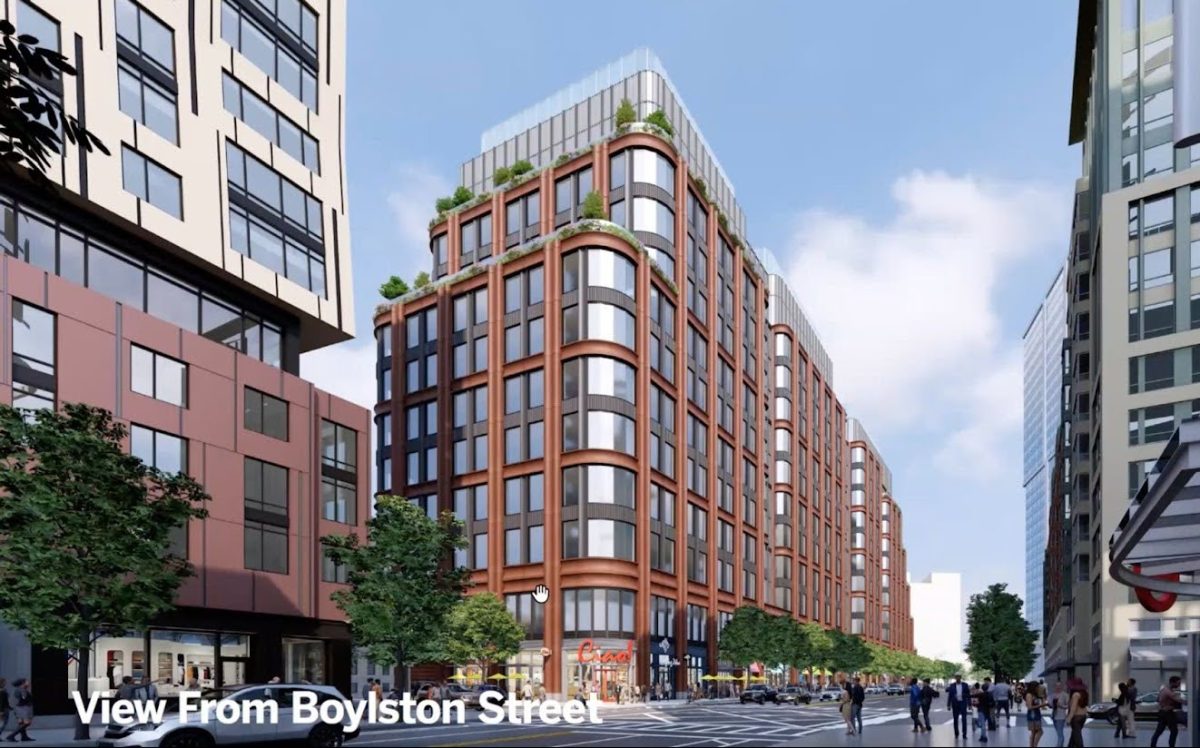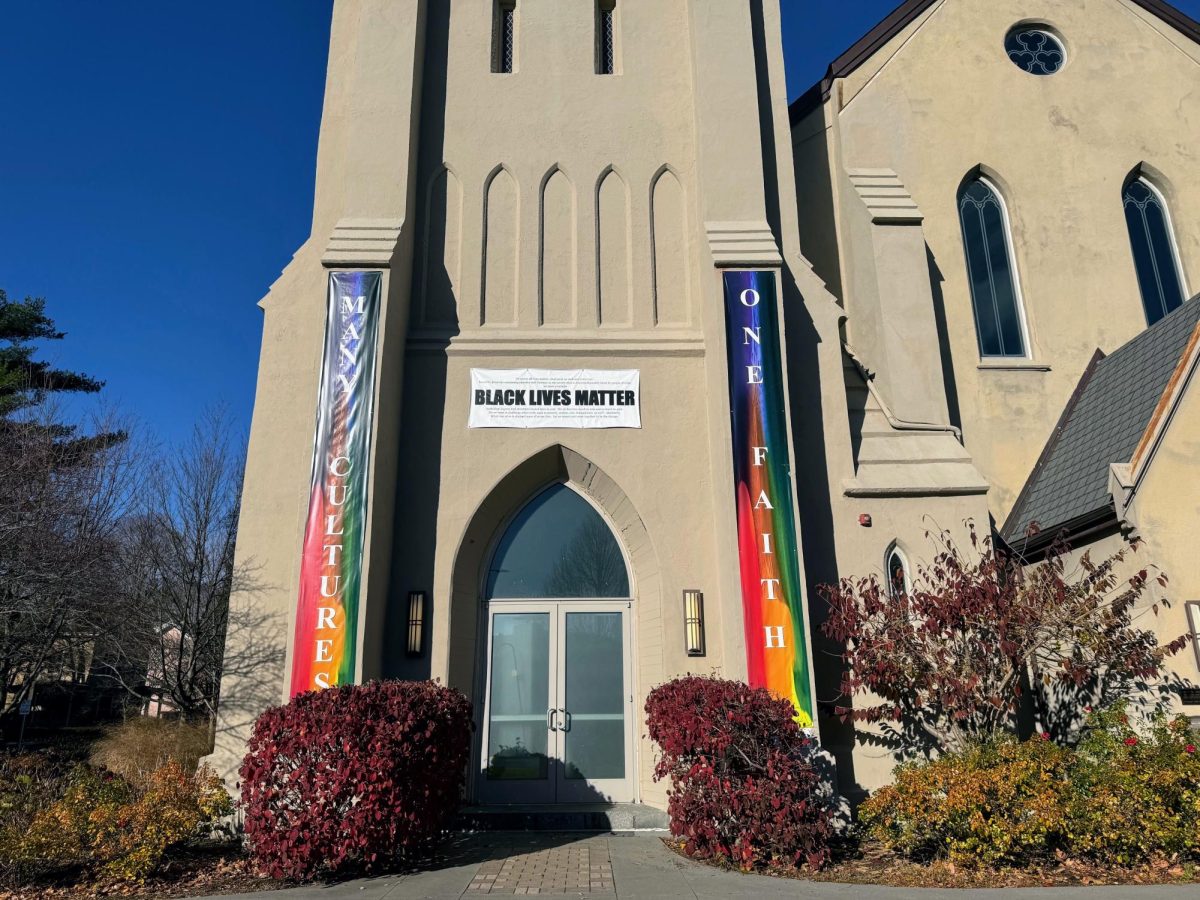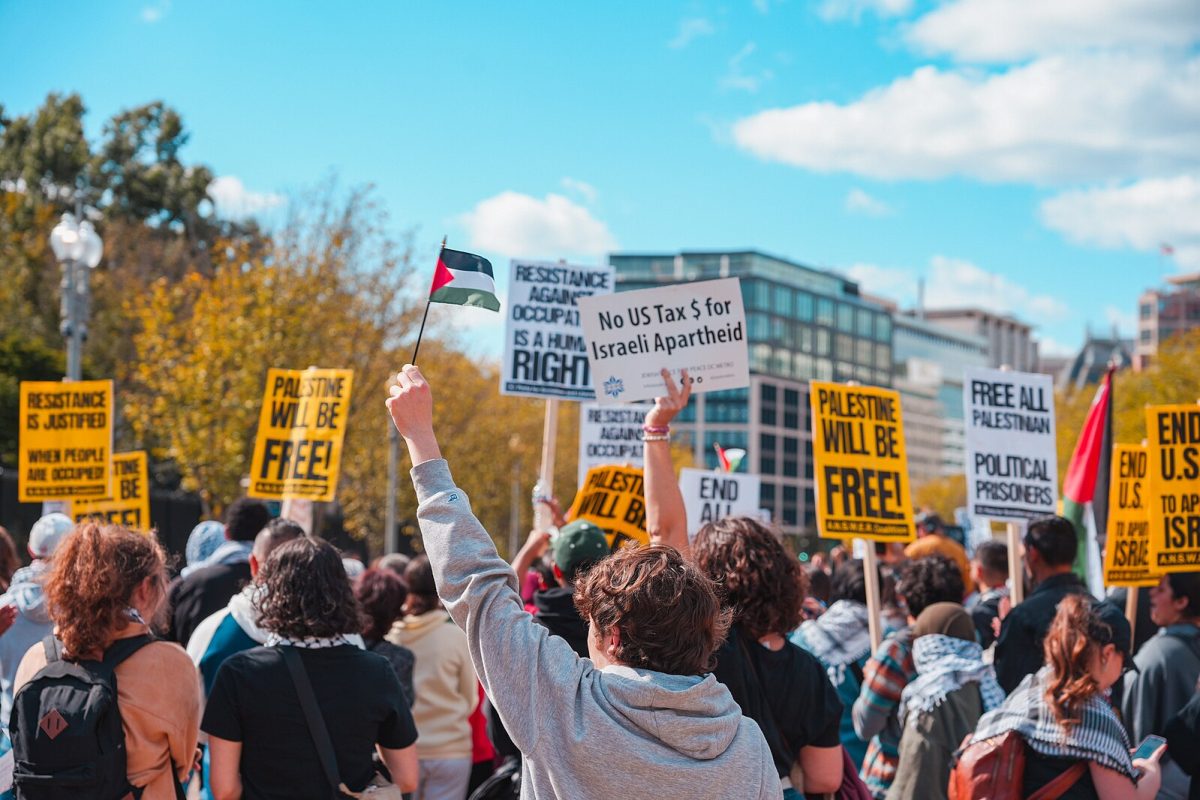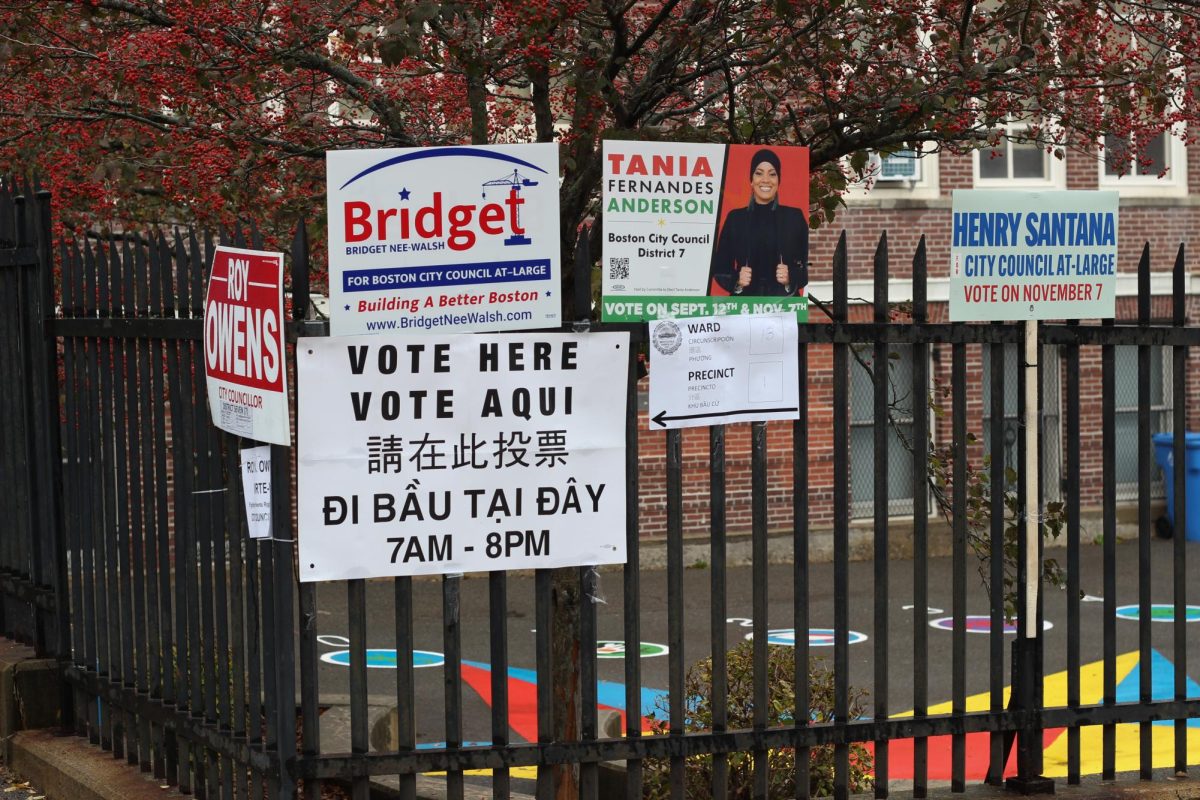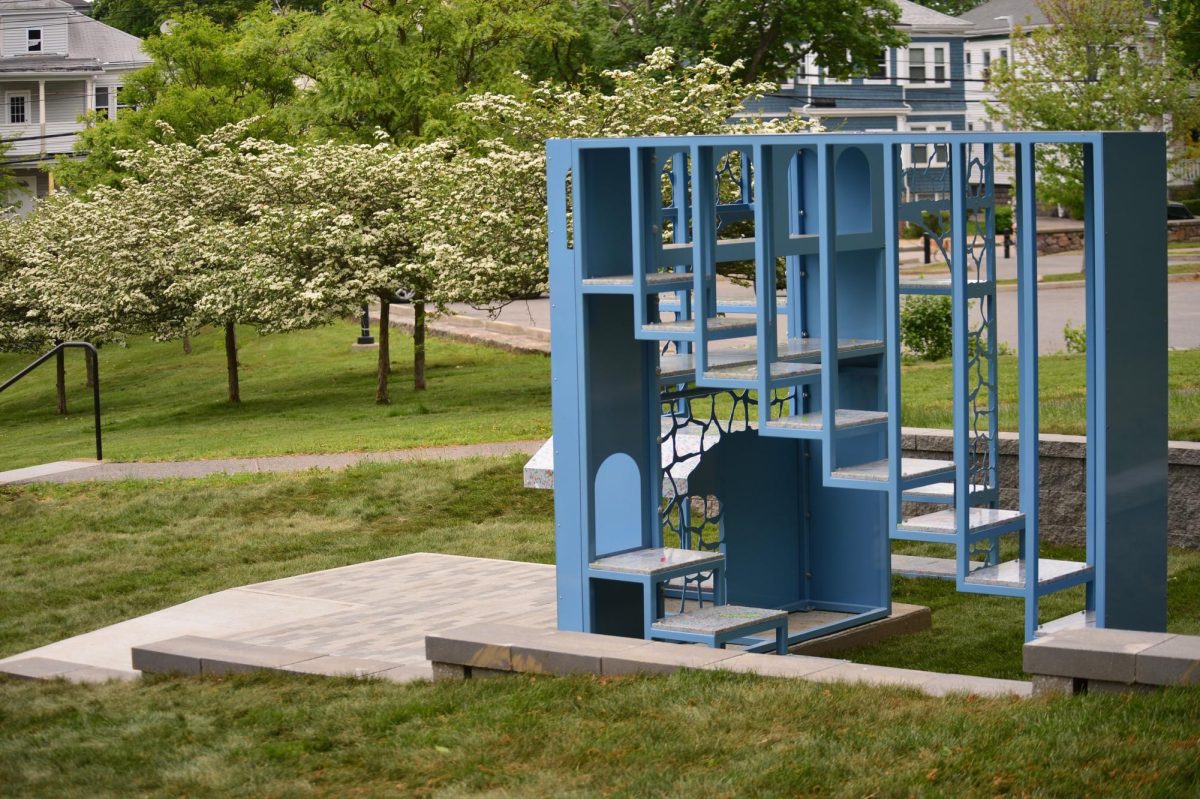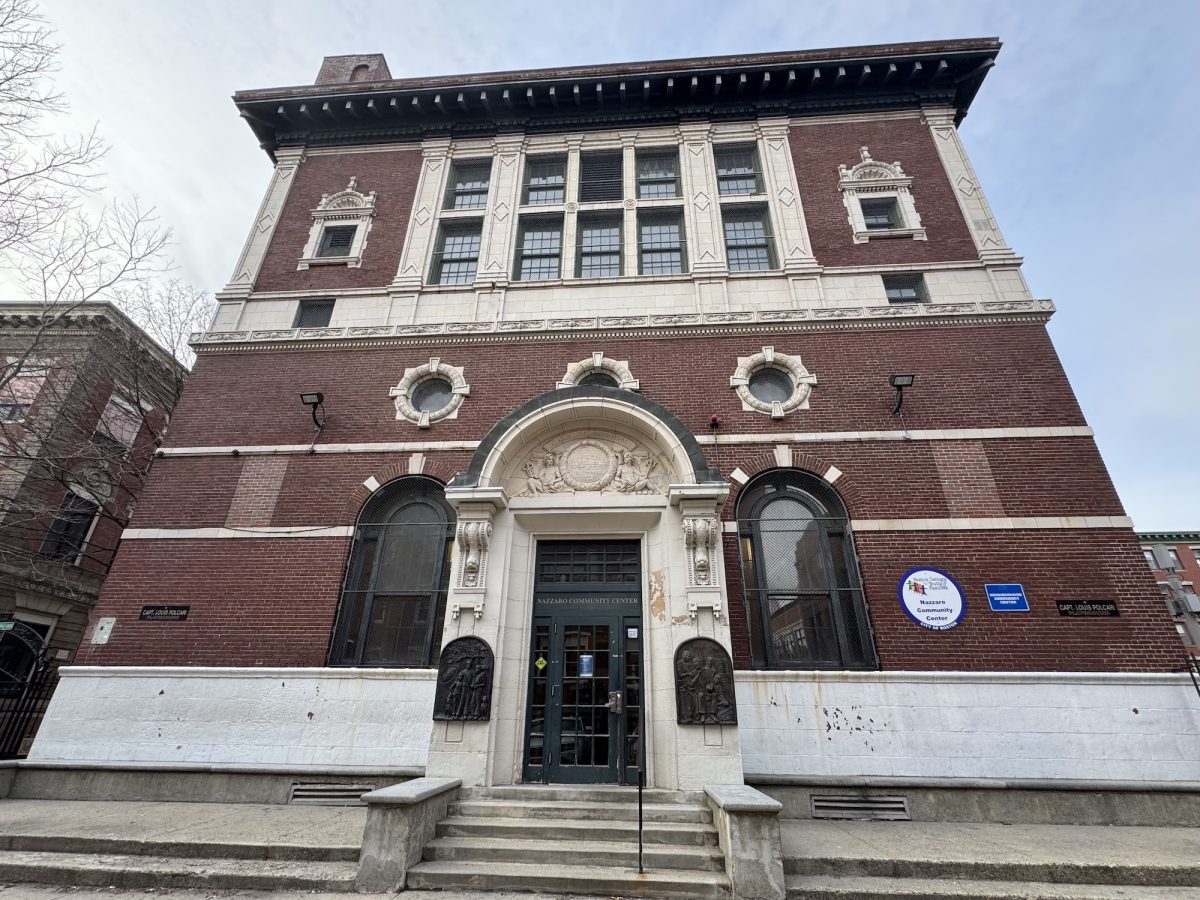Boston City Council held a hearing Thursday regarding a proposed change to the way affordable housing is bought and sold in Boston. Outlined in Mayor Michelle Wu’s Boston Housing Strategy 2025, this change could shorten the amount of time that an affordable home is kept below market price.
The mechanism in question is deed restrictions, which require owners of income-restricted homes to sell to future low-income buyers at below market price. The mayor’s proposal would effectively shorten 50-year deed restrictions to 30 years, allowing owners of income-restricted homes to sell at or above market price after only 30 years of homeownership.
The proposal was introduced by a panel consisting of Director of the Mayor’s Office of Housing Sheila Dillon, Director of Policy Development and Research for the City of Boston Karina Oliver-Milchman and Director of the Boston Home Center Karen Rebaza.
More than 40 community members with a range of opinions about the impact of deed restrictions on low-income communities and people of color in Boston filled the city council chamber. Some argued that the ability to sell a home at market price would help close the “racial wealth gap” by allowing some homeowners to make a greater profit when they sell. Others argued that long-term deed restrictions are a critical mechanism for ensuring that existing affordable housing stays affordable.
Dianne Wilkerson, housing activist and former Massachusetts senator, argued that deed restrictions should be even shorter than 30 years, allowing Black and Latino families who own homes to be competitive in a market with rising costs.
“The city of Boston’s housing policies have become the major obstruction to the growth and generation of Black and Latino life…Because by lacking their equity and ability to compete in the market, they have removed this large majority of people to be able to buy that next house,” Wilkerson said.
Others felt that longer deed restrictions are critical for maintaining affordability for future homeowners, and that the ability to make profit from selling at market price should not be the priority.
“If we are only looking at homeownership as a way to create wealth, then we are leaving out a large number of our population” who simply want to purchase a home, said Danielle Sommer Kieta, a housing advocate who has family in deed restricted homes. Just 2,921 out of 300,000 homeownership units in Boston were income-restricted in 2022.
City Councilor Tania Fernandes Anderson, who organized the hearing, argued that if there are deed restrictions on the sale of affordable housing, there should be restrictions on the sale of market rate housing, too. She says that the fact that higher-income families can sell without restriction — building equity faster than those who can’t — is “systemically oppressive.”
Oliver-Milchman, Boston’s director of policy development and research, said that the proposed change was created with feedback from questionnaires sent to three dozen people including low-income housing homeowners, housing advocates and community organizations. Councilor Anderson said the Council will continue to research best practices on deed restrictions in other cities and speak with more Bostonians before proceeding.

